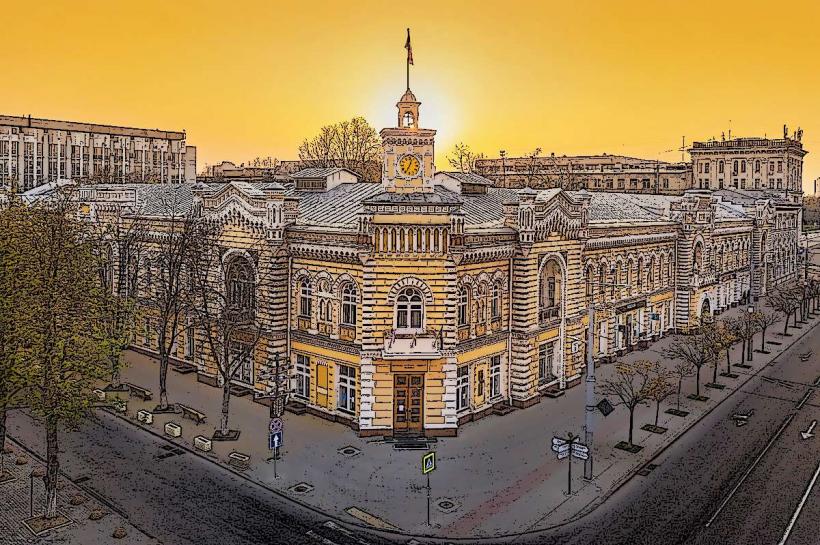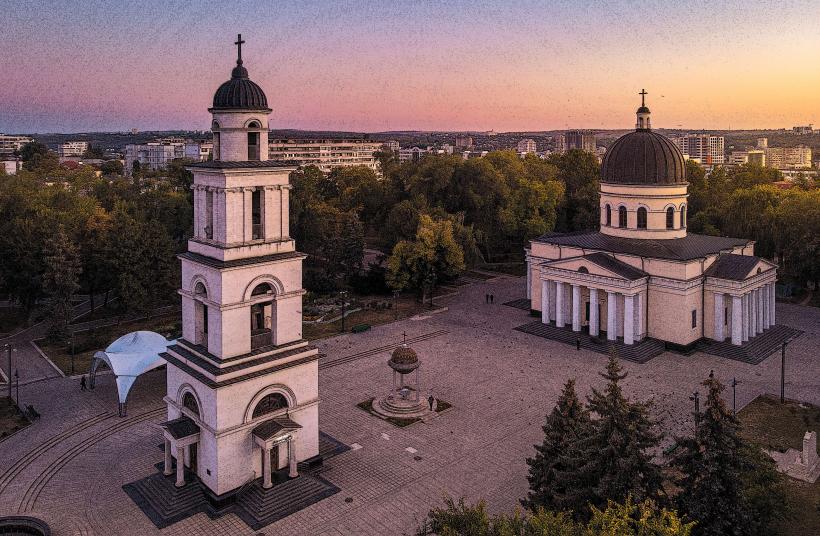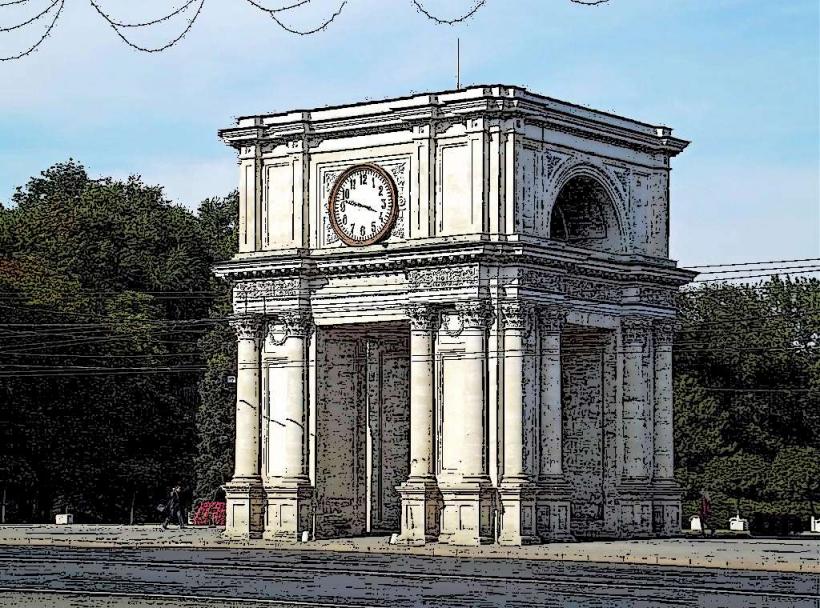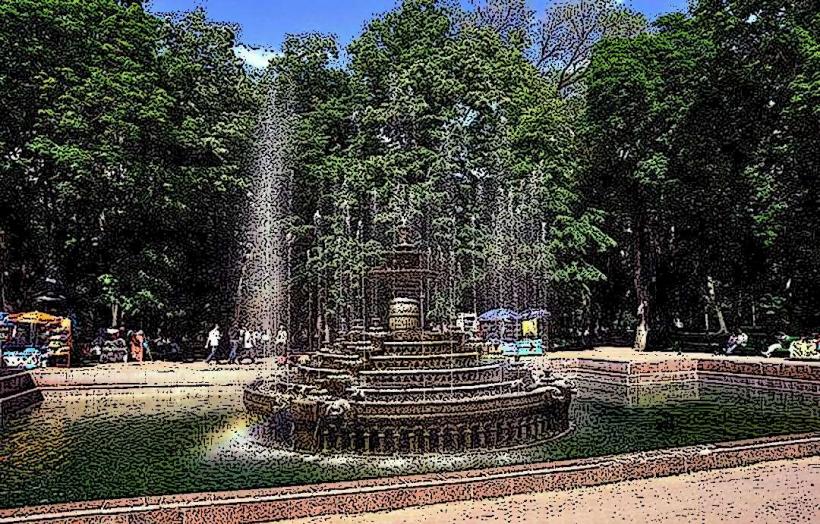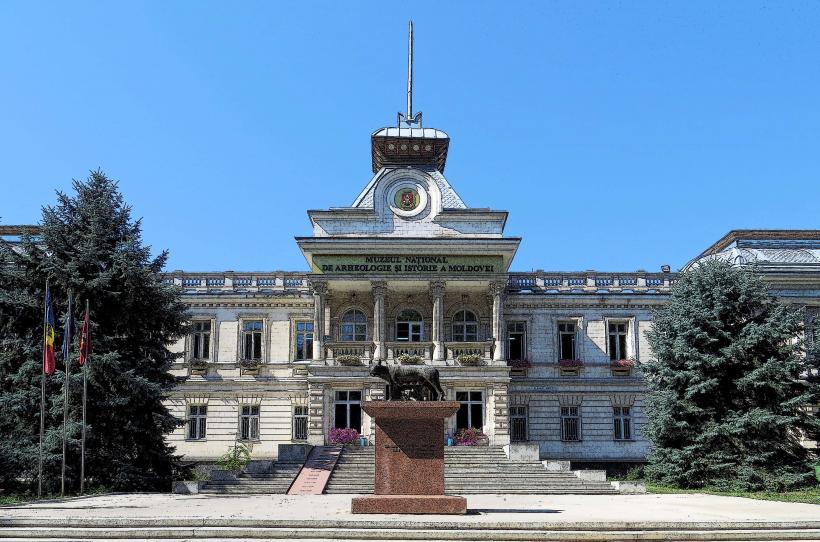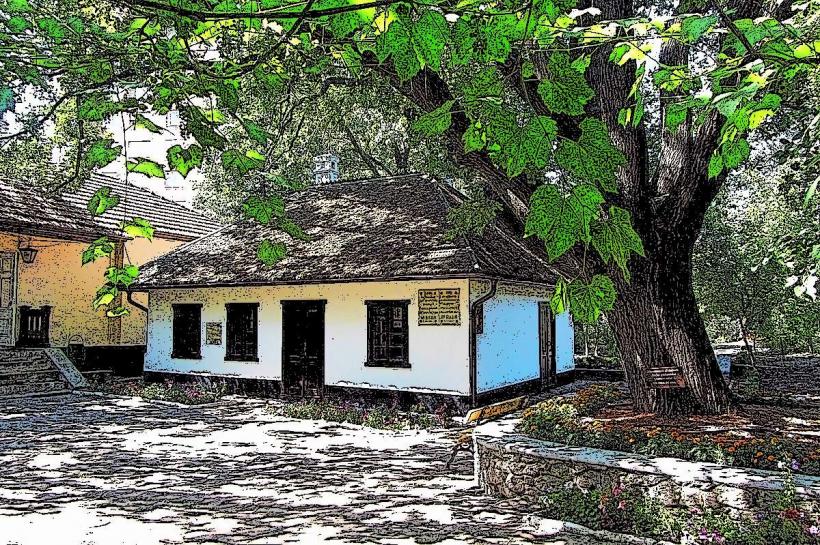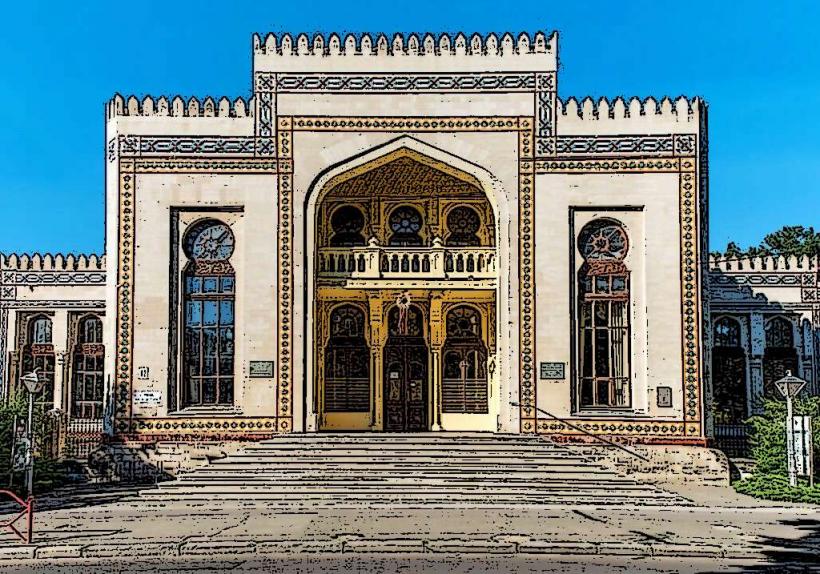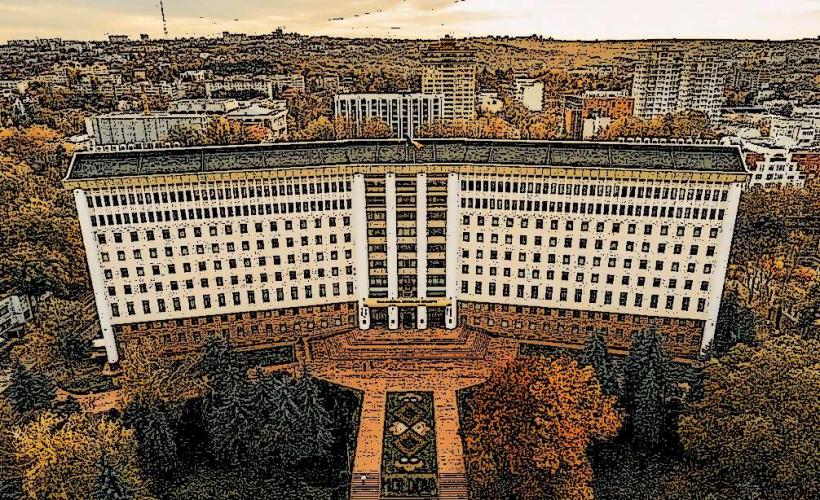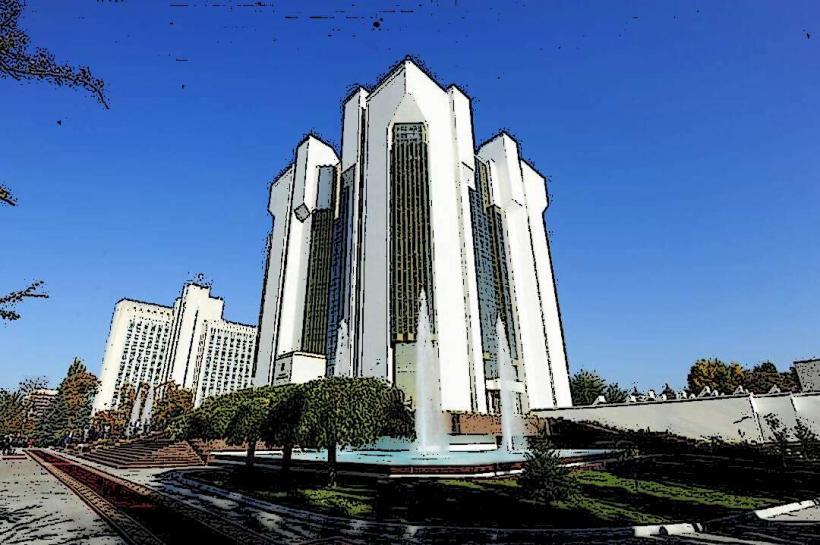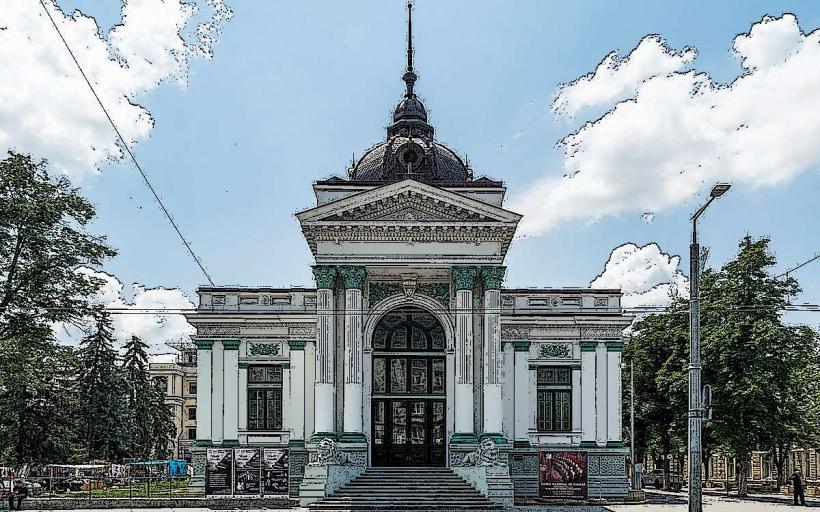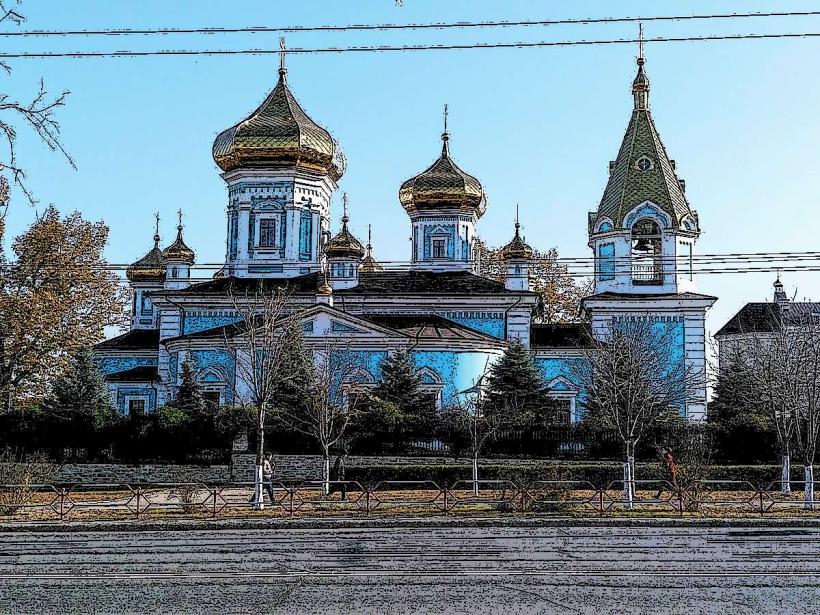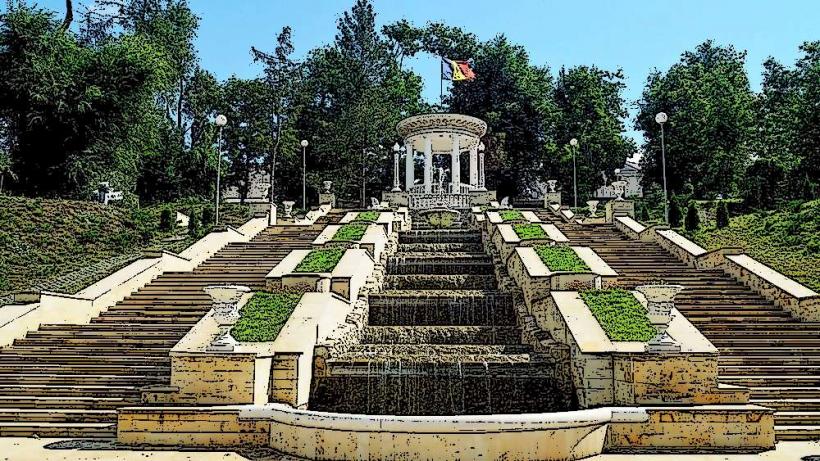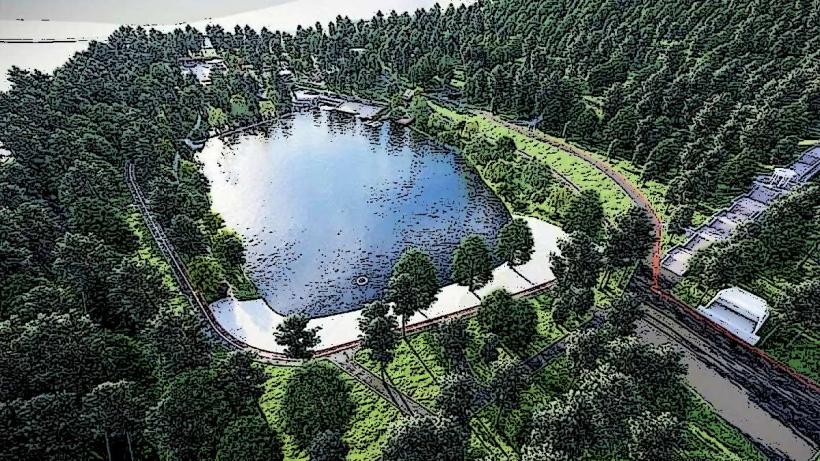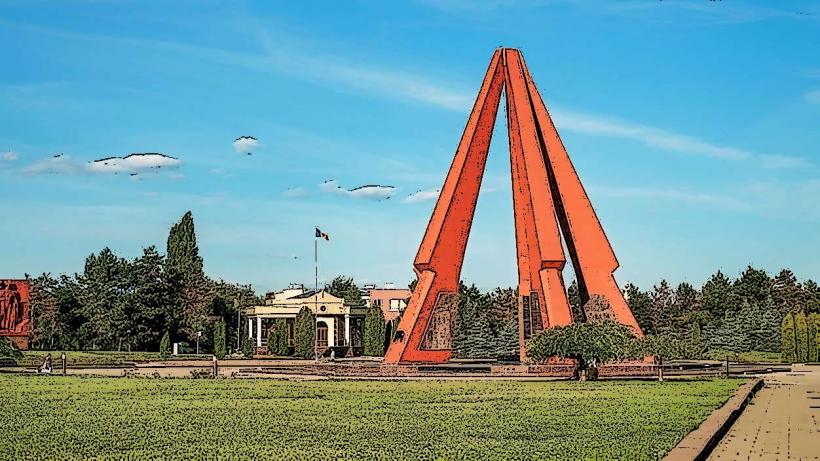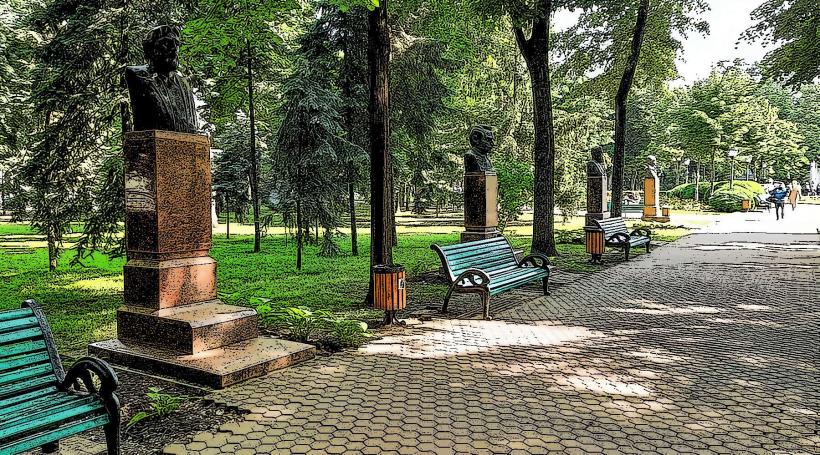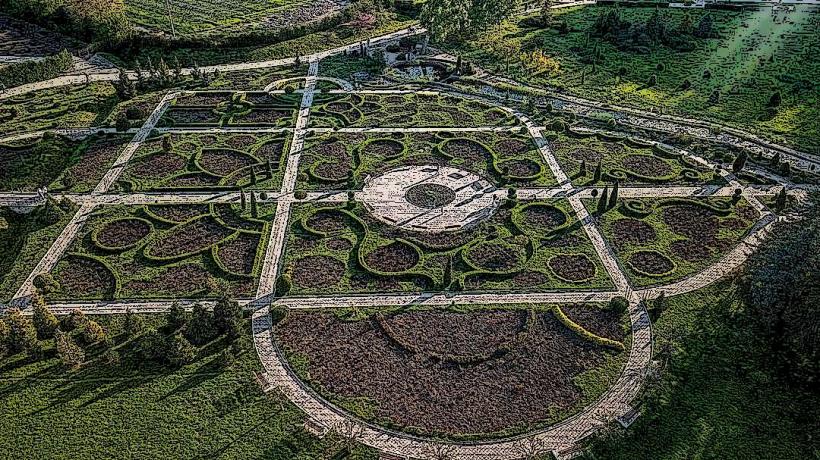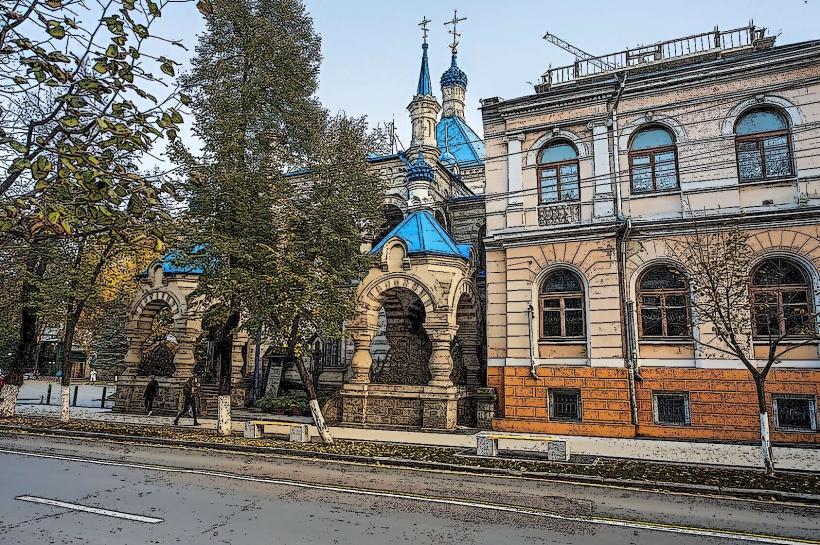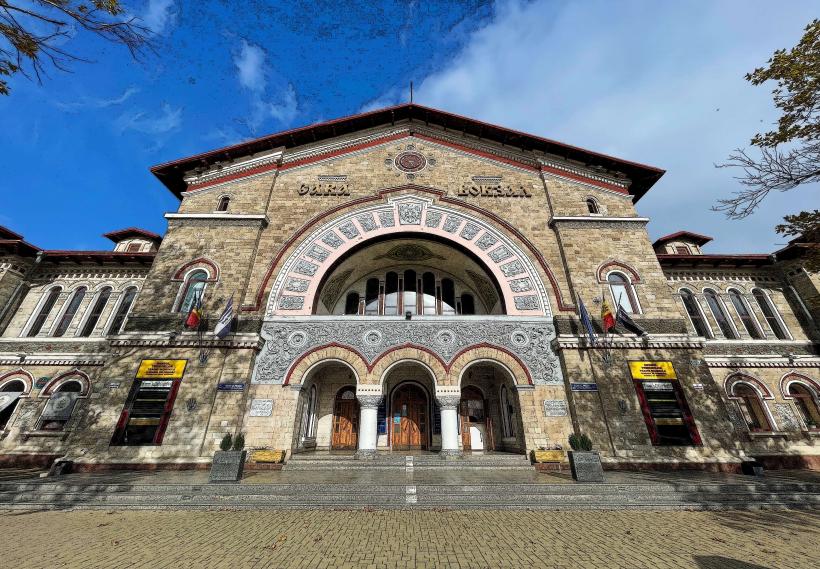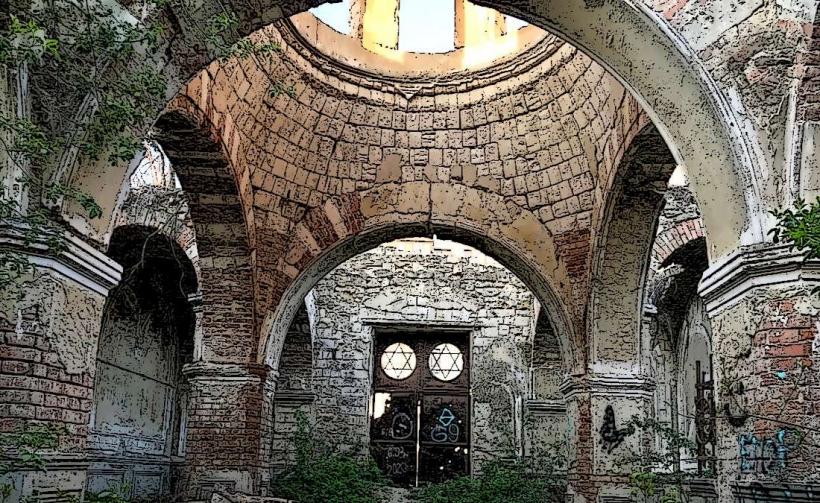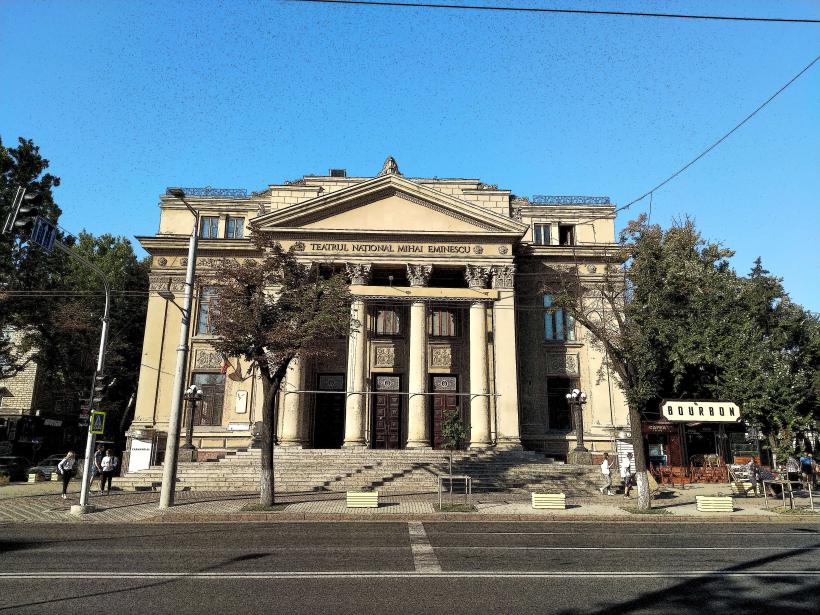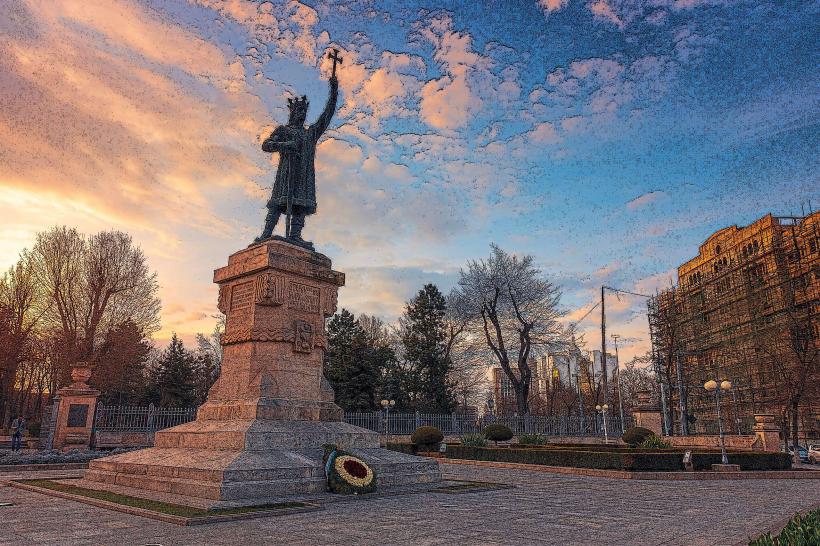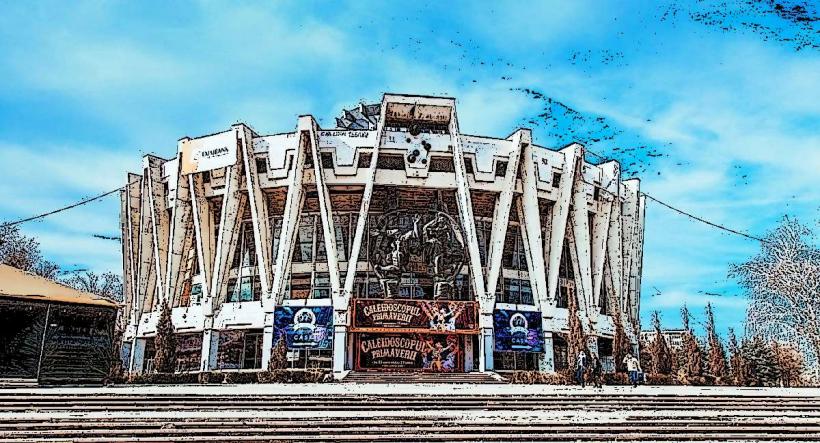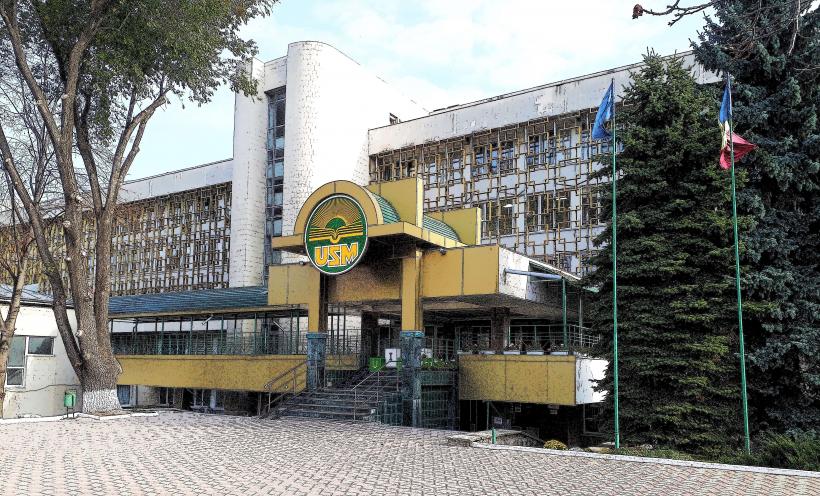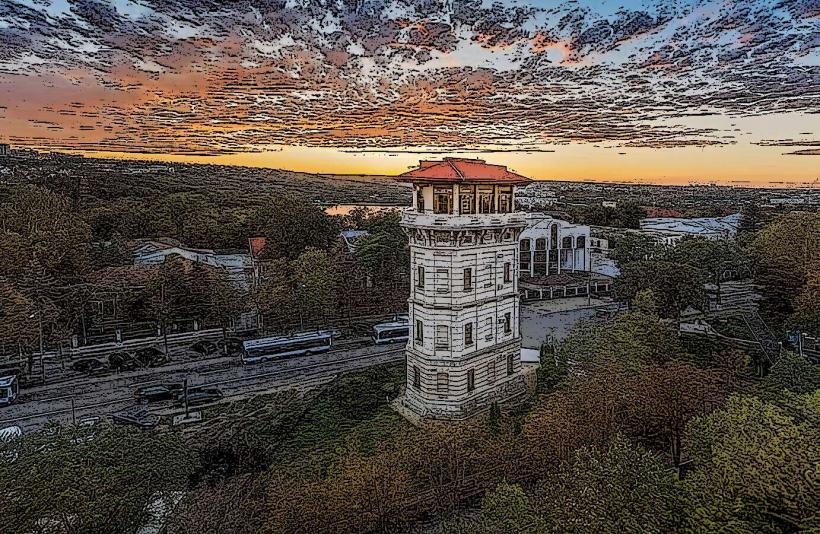Information
Landmark: House of GovernmentCity: Chisinau
Country: Moldova
Continent: Europe
House of Government, Chisinau, Moldova, Europe
The House of Government (Casa Guvernului) in Chișinău, Moldova, is an important governmental building that houses various offices related to the country's executive branch. This building serves as a central point for governmental activities and is where many of the key political decisions and administrative functions of the Moldovan government take place. It is often associated with the office of the Prime Minister, and its role is crucial in the functioning of the country's political system.
Architecture and Design
- Architectural Style: The House of Government features an imposing architectural design that reflects its significance as the seat of political power in Moldova. The building is designed in a neoclassical style, with grand columns, large windows, and a symmetrical structure that conveys authority and stability.
- The use of classical elements in the architecture is intended to symbolize the building's role in upholding democratic values and governance in the country.
- Modern Updates: While the building has historical significance, it has undergone several modern renovations to accommodate contemporary needs. These updates ensure that the building remains functional for modern governmental use while retaining its historical charm.
Location and Function
Central Location: The House of Government is located in the heart of Chișinău, Moldova's capital. Its central position makes it easily accessible to government officials, diplomats, and the public. The building is close to other key governmental institutions, including the Parliament of Moldova and the Presidential Palace.
Governmental Functions: As the seat of the executive branch, the House of Government serves multiple functions:
- Prime Minister's Office: It houses the office of the Prime Minister, the head of the government, and serves as a hub for important political meetings and decision-making processes. The Prime Minister and their team work from this building, overseeing government policies, reforms, and international relations.
- Government Meetings: The building hosts regular meetings of the Cabinet of Ministers and other high-level discussions involving various government departments and officials. These meetings are crucial for shaping the country's policy and addressing national issues.
- Administrative Offices: Several other important administrative offices related to the functioning of the government are located within the building, including offices dedicated to public services, communications, and coordination between governmental agencies.
Historical Significance
- Soviet Era Legacy: The House of Government, like many government buildings in post-Soviet countries, carries the legacy of the Soviet era. During the time when Moldova was part of the Soviet Union, the building was likely used for similar governmental functions under the Soviet regime.
- The building's design and location within the city reflect the centralized power structure that was characteristic of the Soviet government.
- Post-Independence: After Moldova gained independence in 1991, the House of Government continued to serve as a central location for political activities, and its role became more aligned with Moldova's newly established democratic system. Since then, the building has witnessed numerous important moments in the country's political development.
Public Access and Symbolism
- Public Engagement: While the building is primarily a governmental facility, it is also a symbol of Moldova’s democratic governance. The public does not typically have unrestricted access to the building, but it remains an important site for the country's political and administrative life.
- On certain occasions, such as national holidays or significant political events, the building might be open to the public or featured in state ceremonies.
- Symbolic Role: The House of Government symbolizes the functioning of the Moldovan state and its executive branch. It is a key element in the country's political landscape and represents the government's ability to enact policies, legislate, and oversee the implementation of laws and reforms.
Conclusion
The House of Government in Chișinău is a central and iconic structure that plays a critical role in the functioning of Moldova’s government. It houses the office of the Prime Minister and serves as the site of many important governmental meetings and decisions. Its architectural design, rooted in neoclassical principles, emphasizes its authority and historical significance. As a symbol of Moldova’s sovereign statehood and democratic governance, the House of Government continues to be a vital part of the country's political landscape.

